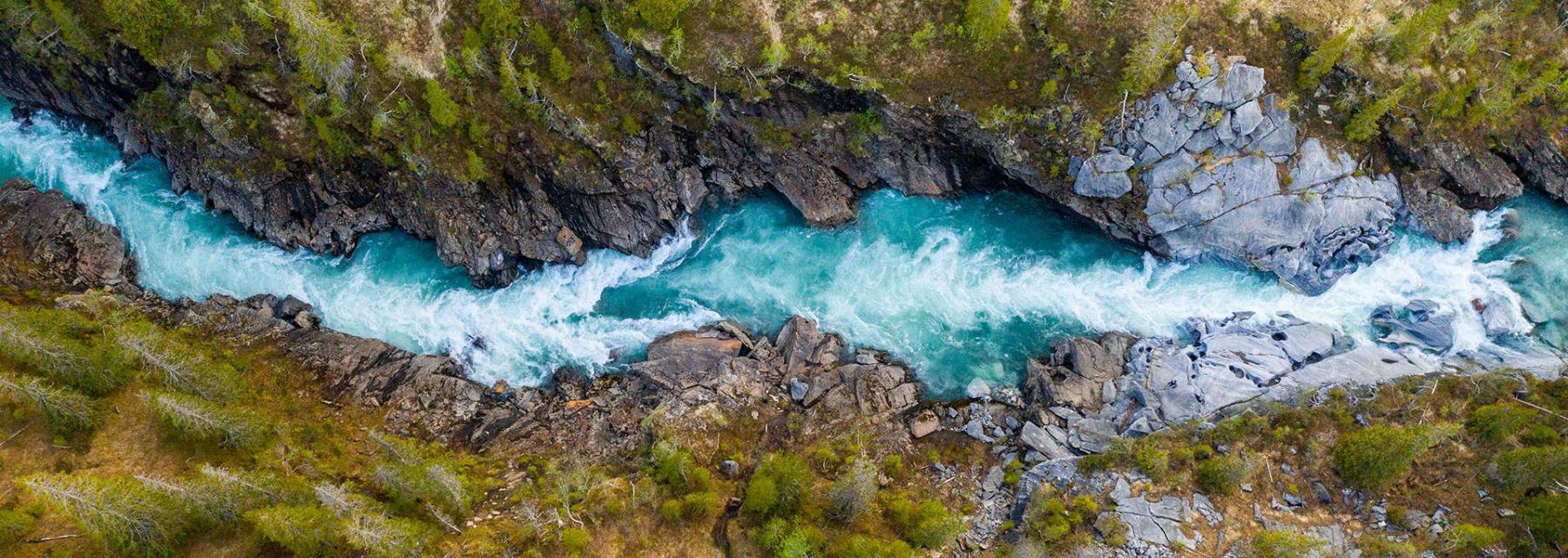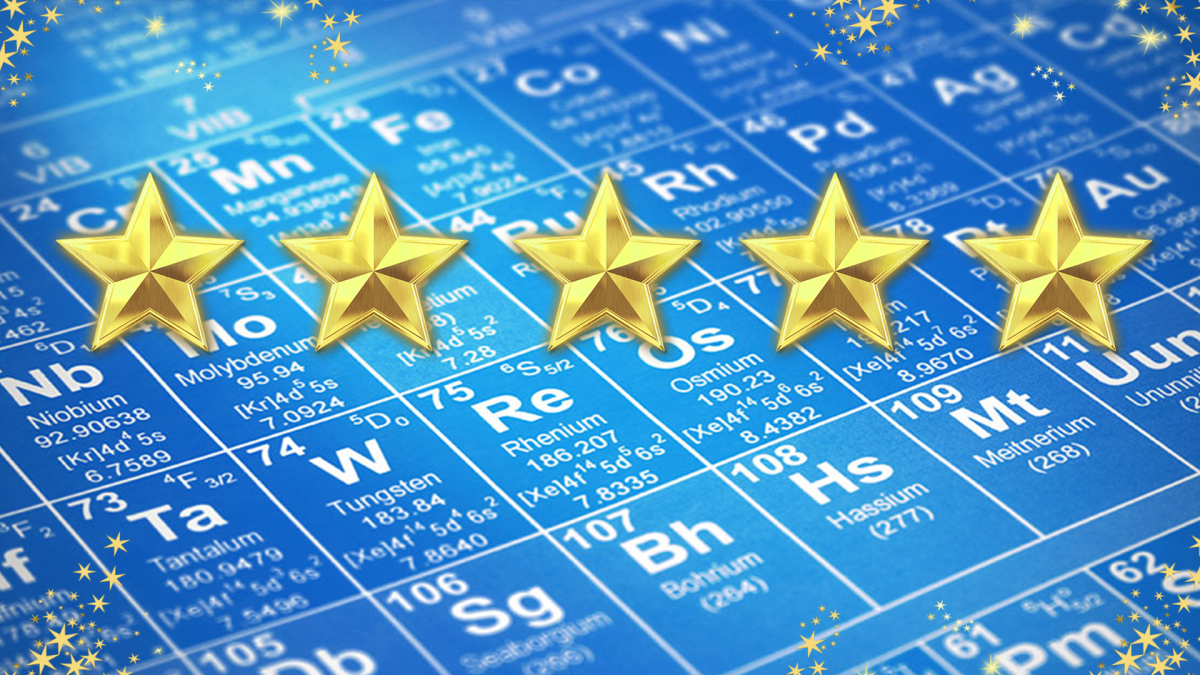
Chemical Water Quality Field Research Project
by Amanda Stalvey
Built as a month long, end of year project, students get to discover the water quality of several geographically different natural water sources by completing field research and data collection. As a student centered project, students will research how to use different water quality testing probes, then conduct online and book research to better understand what water quality is and how it is affected by various contaminants, chemicals and the environment. Using their research and field data, students share their results with each other and write a cumulative water quality report in which they compare and rank the natural water sources they test to each other for safety and environmental impact.
Lesson Plan Link/URL
https://docs.google.com/presentation/d/1kO2haGR__mlh80DBqD1ich6oqkYj48tx/edit?u…Subject Area
Science Physical Science P1: Matter Engineering S4: Apply Science to Engineering Mathematics Measurement and Data (MD) Ratio and Proportion (RP) Expressions and Equations (EE) Statistics and Probability (SP) Algebra (A)
Featured
Off
Related Content

Grades:
6th Grade, 7th Grade, 8th Grade, 9th Grade, 10th Grade, 11th Grade, 12th Grade
This lesson is designed to encourage students to explore their interests and pursue their passions while diving into the world of STEM. This lesson takes place in a classroom for one semester. 1 hour

Grades:
9th Grade, 10th Grade, 11th Grade, 12th Grade
The first rule in the chemistry lab is “don’t eat or drink or lick anything in the lab”! This lesson breaks those rules and shows students how culinary is really a practical application of chemistry

Grades:
2nd Grade, 3rd Grade
Students will research a biome around the world, including 3 animals, 3 plants, and 3 nonliving parts of the ecosystem. Students will construct a diorama of the biome and illustrate a natural disaster